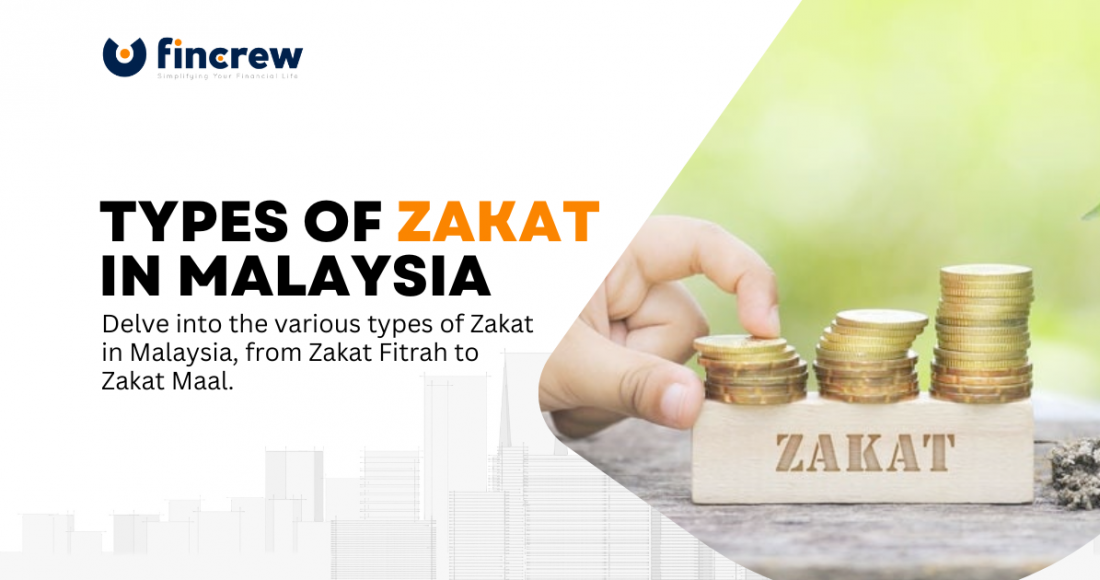Zakat is an Islamic tax that Muslims who qualify must pay. A Muslim whose net worth is below the nisab threshold or whose total annual wealth is below the nisab threshold is obligated to pay Zakat.
What Is Zakat?
In Islam, Zakat is a form of almsgiving given to the poor and needy. The word Zakat itself means purification. A fixed percentage must be distributed to specific groups of people when mal (wealth) reaches a certain level (specific term). As one of Islam’s Five Pillars, Zakat is one of the critical religious responsibilities for Muslims. A common misconception about Zakat is that it is Islamic taxation, which is different. You pay Zakat to the community by taxing your wealth by 1.5%. After that, Zakat’s contributions go to support those in need.
Types Of Zakat
In Malaysia, the government recognizes and regulates several types of Zakat. These include:
- Zakat Fitrah
- Zakat Mall
- Zakat Harta
- Zakat Penghasilan
- Zakat Fitrah for Non-Muslims
- Zakat Fitrah
Ramadan is the time to pay for this type of Zakat. It is a fixed amount based on the value of certain food items, such as rice, wheat, and dates. Ramadan is when Zakat Fitrah provides necessities to the poor.
Zakat Mall
Zakat of this type is on wealth acquired through trade or business. Annually, it is calculated based on a percentage of the total wealth.
Zakat Harta
This Zakat is on wealth acquired by means other than trade or business, such as inheritance or gifts. On an annual basis, it is calculated based on a percentage of the total value of the wealth.
Zakat Penghasilan
Zakat of this type is on an individual’s annual income. Use a percentage of your total income to calculate this tax annually.
Zakat Fitrah For Non-Muslims
A non-Muslim who lives in Malaysia and wishes to help the poor and needy pay this type of Zakat. It is calculated similarly to Zakat Fitrah for Muslims and payment during Ramadan.
How To Pay For Zakat In Malaysia?
The Malaysian Islamic Development Department (JAKIM) collects and distributes Zakat in Malaysia. In addition to setting Zakat rates, JAKIM contains and distributes the funds. Malaysia’s government encourages Muslims to pay Zakat to its zakat collection centers for distribution to the needy. Paying your Zakat through salary deduction is one way to do so. The removal will be from the income tax deduction to avoid clashing with the monthly tax deduction (potongan cukai bulanan). Zakat’s payments are also in the following ways:
- By visiting the official website of each state’s zakat board
- Internet banking
- MYEG
- Visit a branch of the Zakat Board in person
- In person at the post office
- Selected bank counters or ATMs
- Official agents.
In case of doubt, check your state’s official zakat website.
Conclusion
Zakat is an integral part of Islam, allowing Muslims to fulfill their religious duty to help those in need. In addition to promoting social justice, Muslims can contribute to the welfare of the poor and needy in their communities by paying Zakat. Zakat offers Muslims in Malaysia the means to fulfill this duty and to ensure that they provide for the poor and needy.





